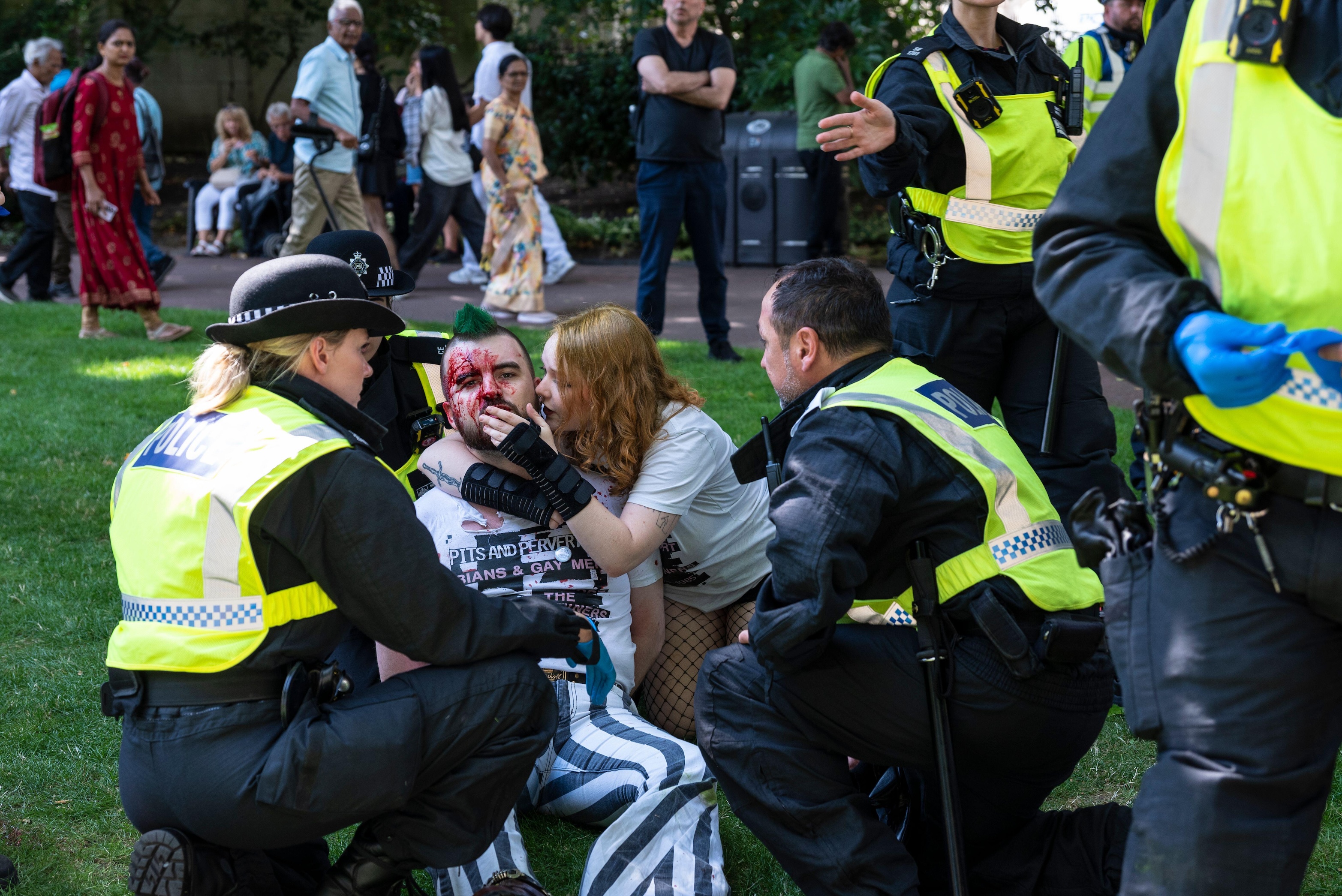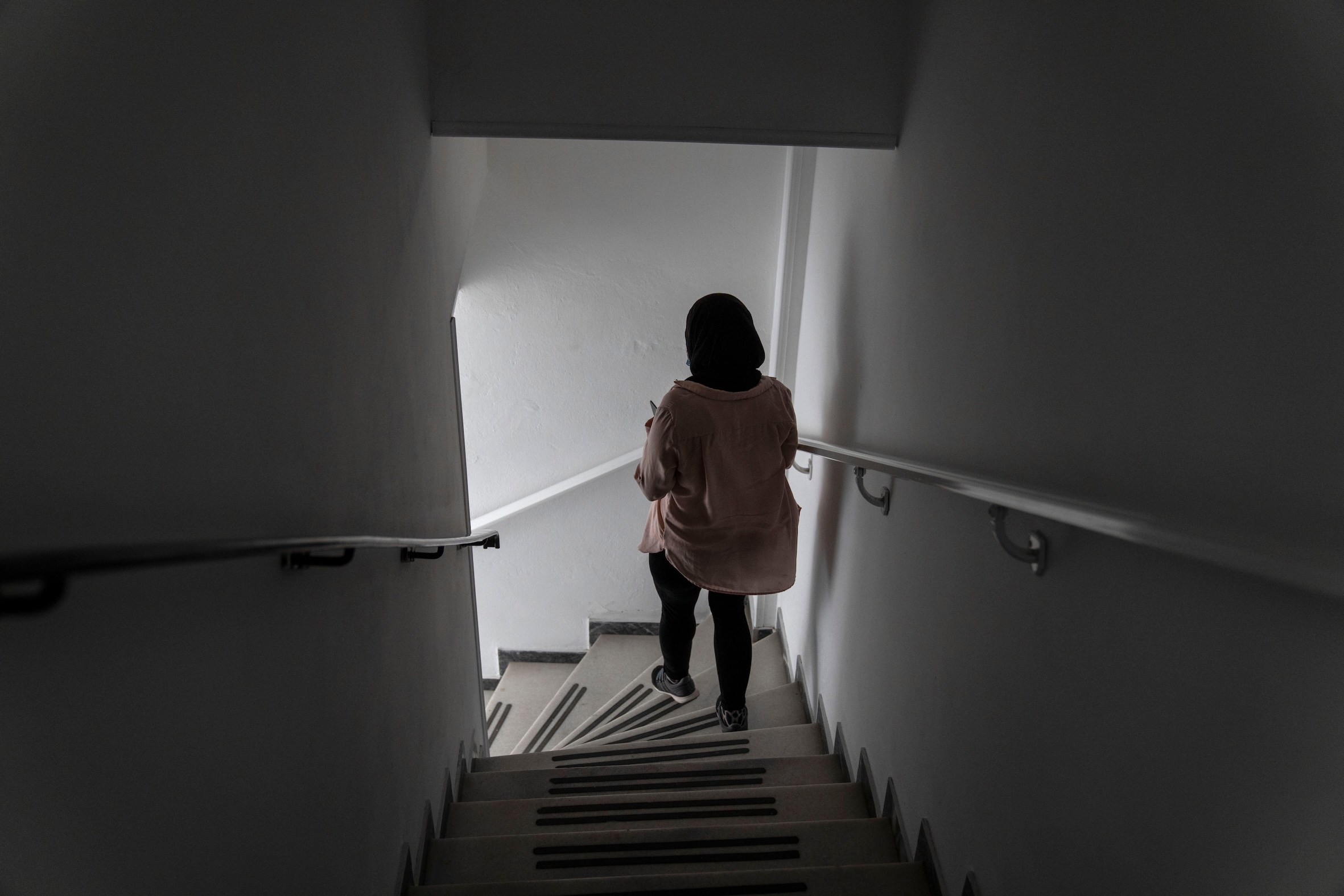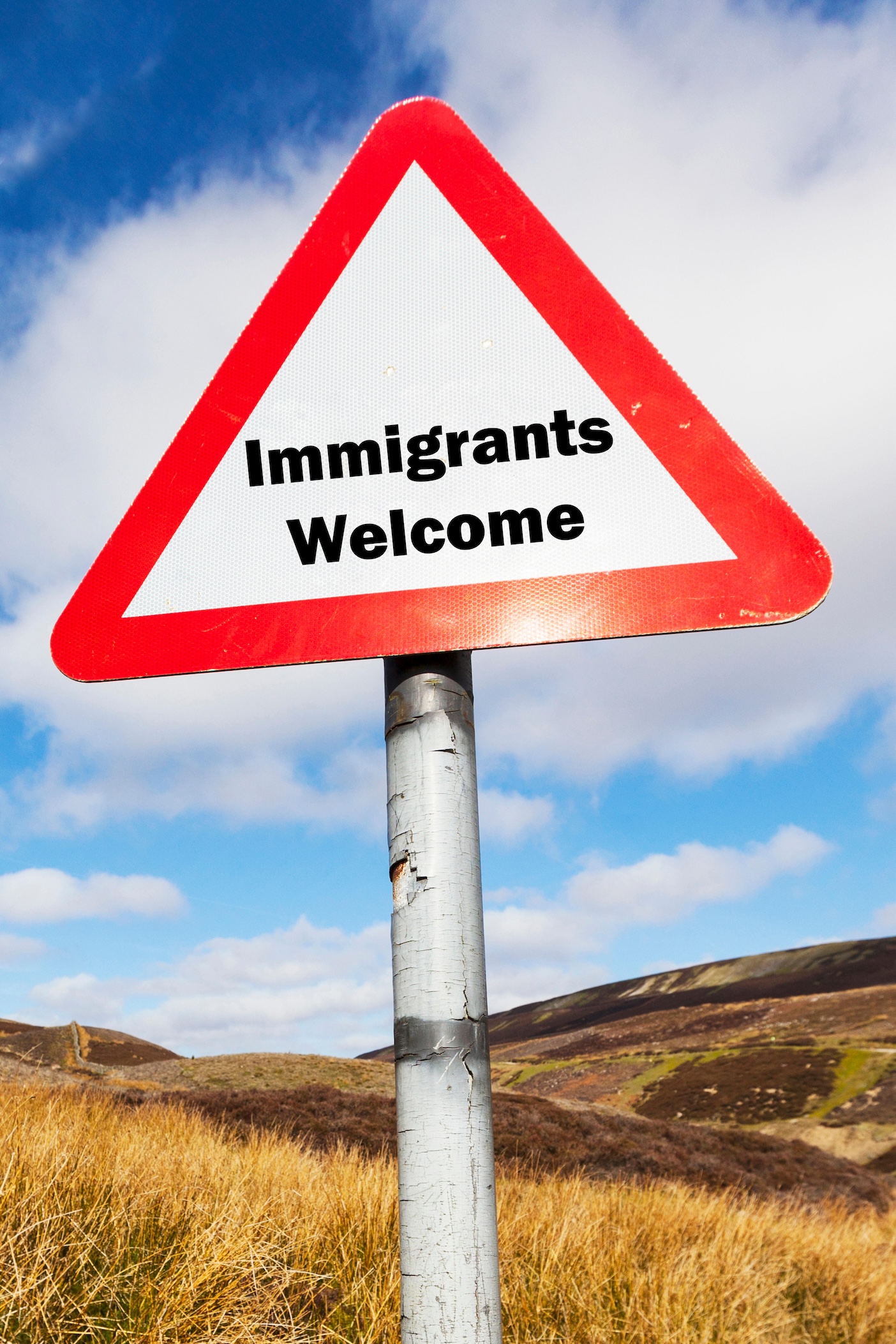Condemning violence alone won’t stop the far-right – Britain must reject xenophobia once and for all
Anti-immigrant rhetoric isn’t acceptable in any form. Ceding ground on this issue sets a ticking time bomb.
On Saturday 3 August, following the far-right's attack on Potters International Hotel, Alex Baker, the MP for Aldershot recorded a video for her constituents. “Many people have said to me that scenes like this happen because people are not listened to,” she said describing the event in which 200 people gathered and one police officer was injured. “Well I am listening. I’ve been working on the issues that we inherited on asylum accommodation every day since I was elected last month,” she continued, referencing the halted plans to house asylum-seeking families in the Pinehurst Hillside apartment complex in nearby Farnborough. She ends the clip by saying: “I know there’s a further protest planned on Sunday and I have been liaising with the police – who are in dialogue with the organisers – to make sure that the protest can happen safely.”
Watching that video, one could easily think that the Labour MP is condoning the violence shown by the far-right mobs in her area but not the anti-immigrant message at the core of their rioting. She may not have intended it to come across this way, but her speech touches on one of Britain’s biggest contemporary ills – the acceptable kind of xenophobia.
A recent YouGov poll showed that only 5% of Labour voters believe the rioters are those “with legitimate concerns,” unlike the 49% of Reform UK voters. So why on earth is a Labour politician pandering to the extreme right? We’ve seen this happen time and time again as of late, with Sarah Edwards MP for Tamworth saying locals “want their [Holiday Inn] back” despite politicians being explicitly warned against publicly naming hotels, days later, violent locals left it looking like a “warzone”. Or the party’s leader himself controversially singling out Bangladesh when asked where migrants could be returned to under Labour's border security plan. If this is how Labour plans on walking the tightrope on immigration, we’ve got a big problem on our hands. It's not just that it casts the government as weak in its convictions; it also hands Farage and his ilk the perfect opportunity to pounce on this perceived vulnerability.
Soft xenophobia has plagued this island for as long as I’ve lived here. The unsubtle dog whistles from politicians around immigrants, asylum seekers and refugees before Brexit, endless social media speculation around someone’s birthplace or religion each time an awful terrorist attack happened, more recent push backs against “multiculturalism”. Then you have the right-wing media that’s been fuelling this fire for decades – now these publications act surprised that they may have something to do with the outburst of far-right violence. None of these covert forms of anti-immigrant hate – which are instructed by Britain's violent colonial history – have ever been acceptable, but for too long they’ve been tolerated by the majority.
It’s perfectly reasonable for the government to discuss immigration policy, as it is responsible for the country’s borders. Yet its rhetoric and rules should be based in reality, not xenophobia. Our asylum policy should be rooted in compassion for refugees, while student or economic migration must be seen as a positive, given its vast benefits to our culture and the economy.
The right made immigration a wedge issue during the last General Election. So instead of feeding the beast, Labour’s job is to quash it in peace-time. It’s clear that in deprived areas, resentment has been brewing over inequality, stagnant wages and extortionate housing prices. We all know who to thank for 14 years of austerity. Labour may get immigration numbers down – largely because of Conservative’s changes to student visa applications (you don’t even want to know the threat this poses to universities) – but unless it addresses urgent issues like destitution, the housing crisis and homelessness, the rhetoric is unlikely to stop, and worse, may snowball into something else entirely.
Most of us know that this anger should never have been unfairly directed at racialised immigrant communities, who are wrongly perceived as "having it better" due to years of deep-seated racist resentments and compounding far-right misinformation. Now, the government has a duty not only to set the record straight, but finally improve people’s material lives so that they can build meaningful communities bound by solidarity, not white supremacy. Critically, it also has a duty of care to all of us on the receiving end of the abuse – it seems to be forgetting that the UK is also our home and we live here too.
The Lead is now on Substack.
Become a Member, and get our most groundbreaking content first. Become a Founder, and join the newsroom’s internal conversation - meet the writers, the editors and more.





